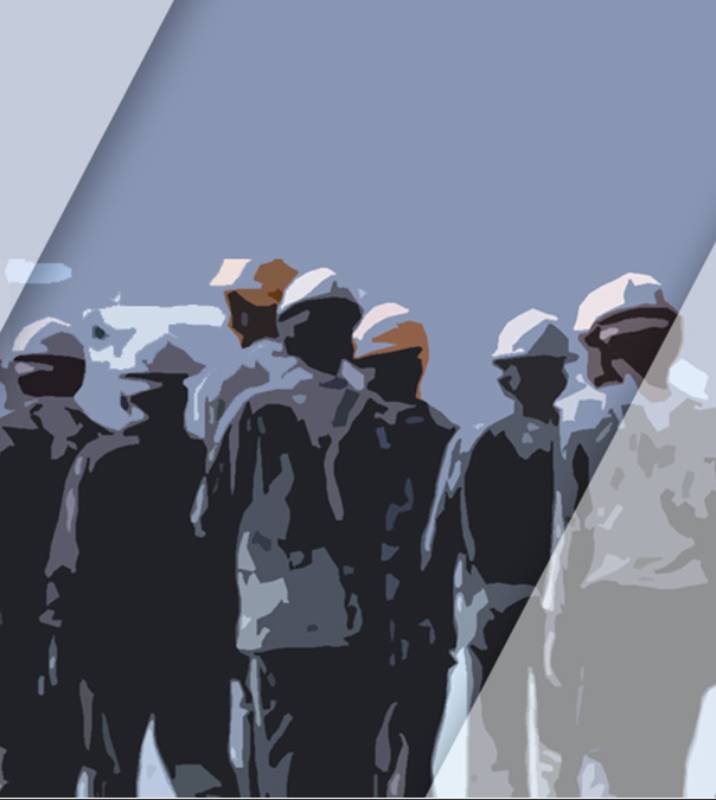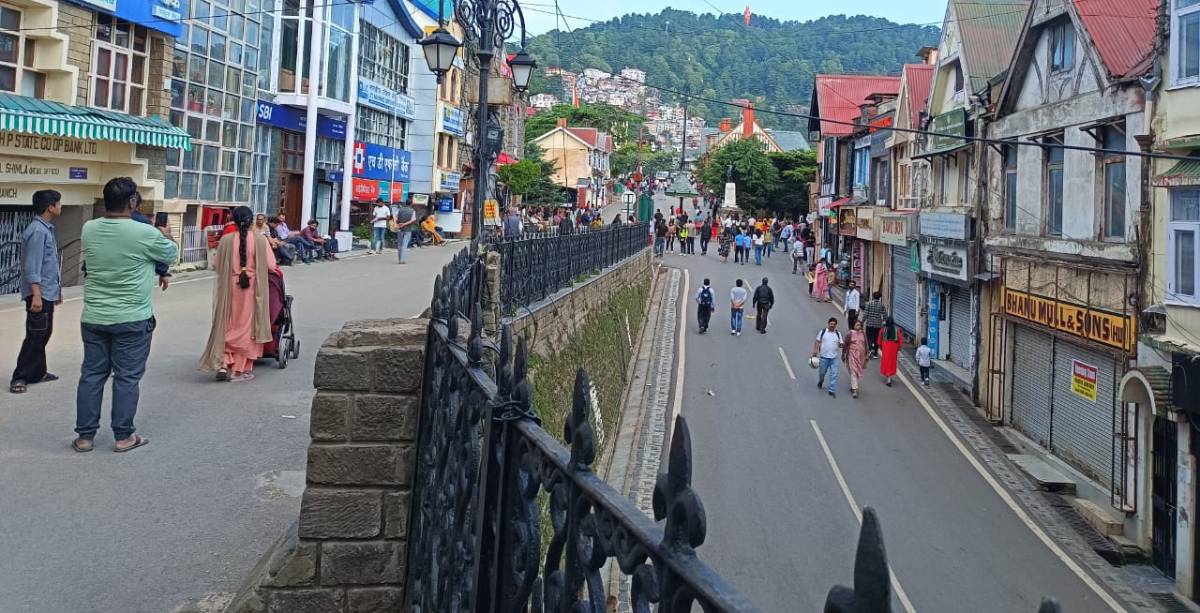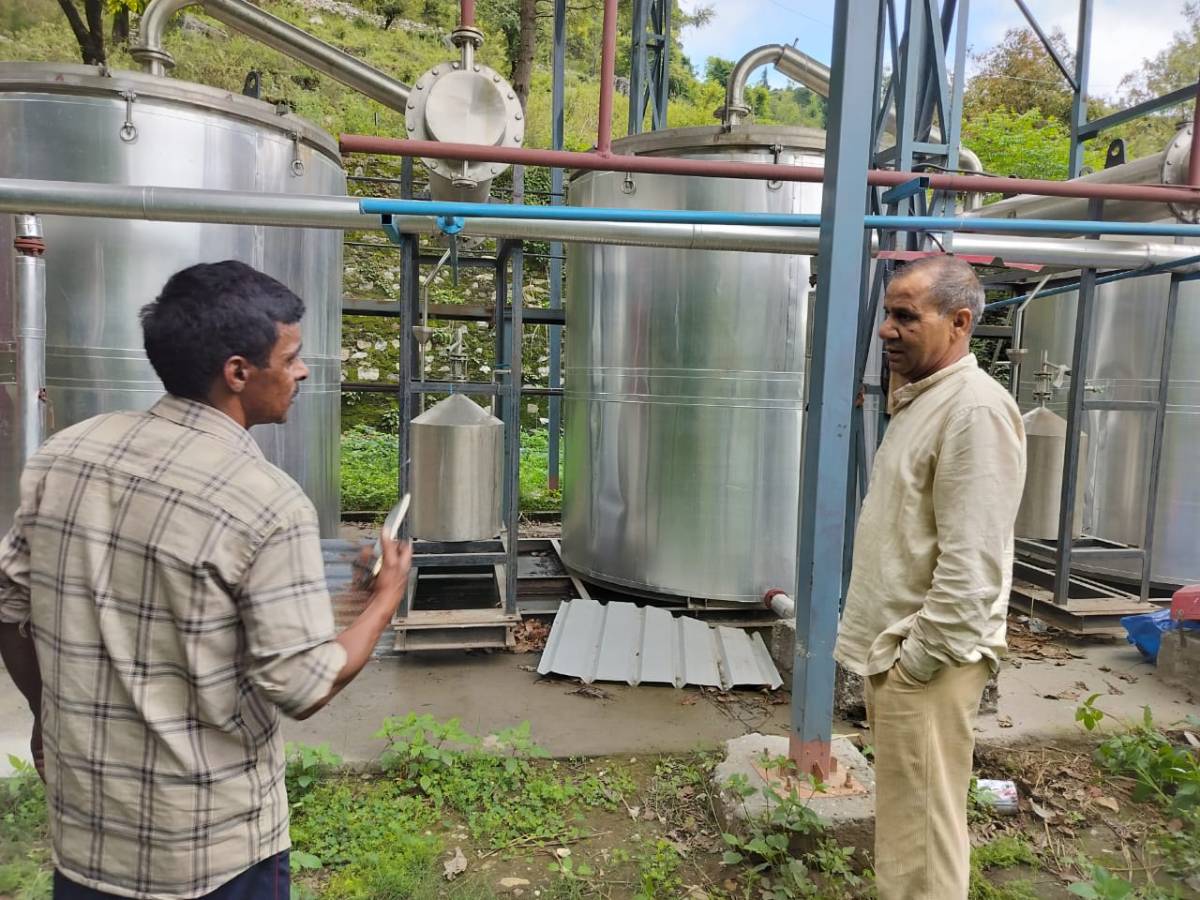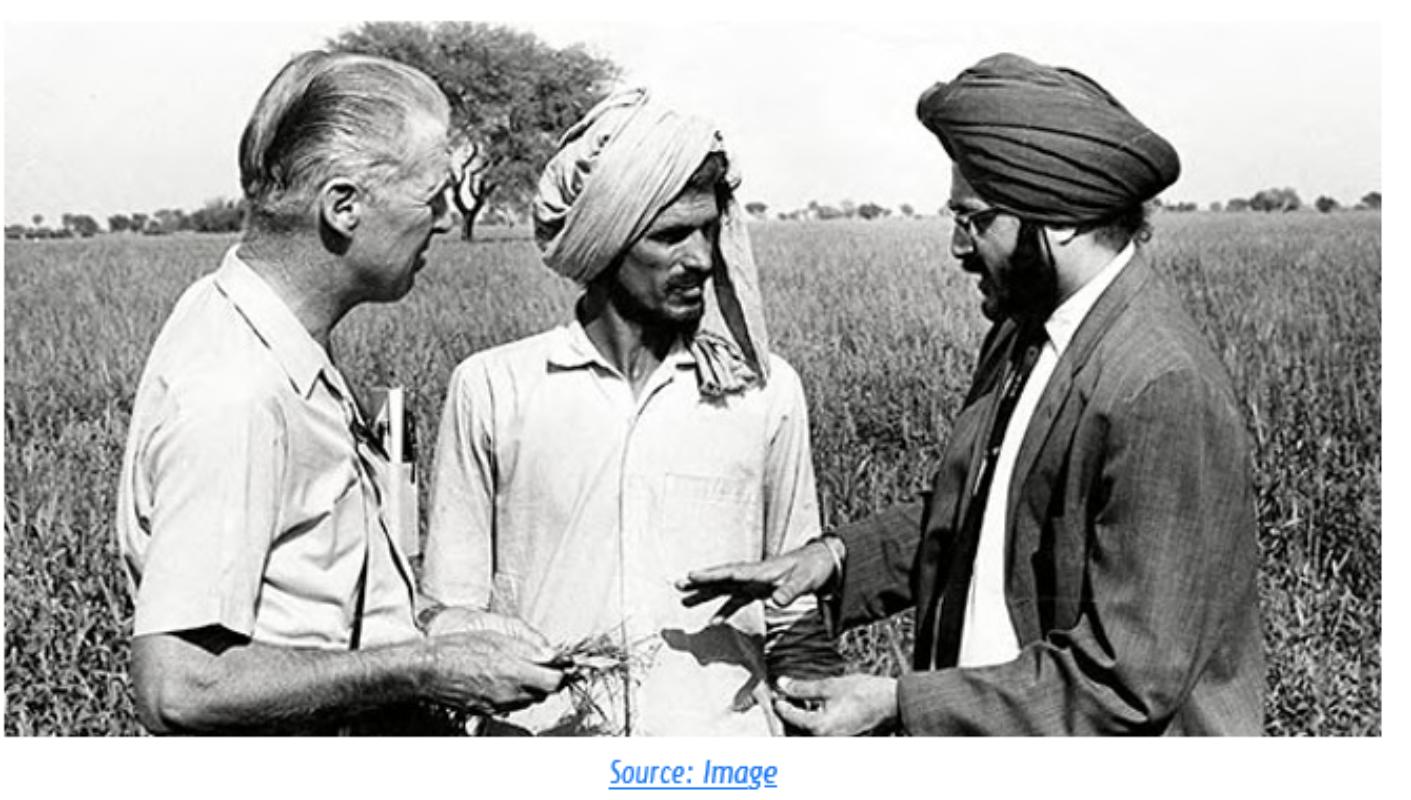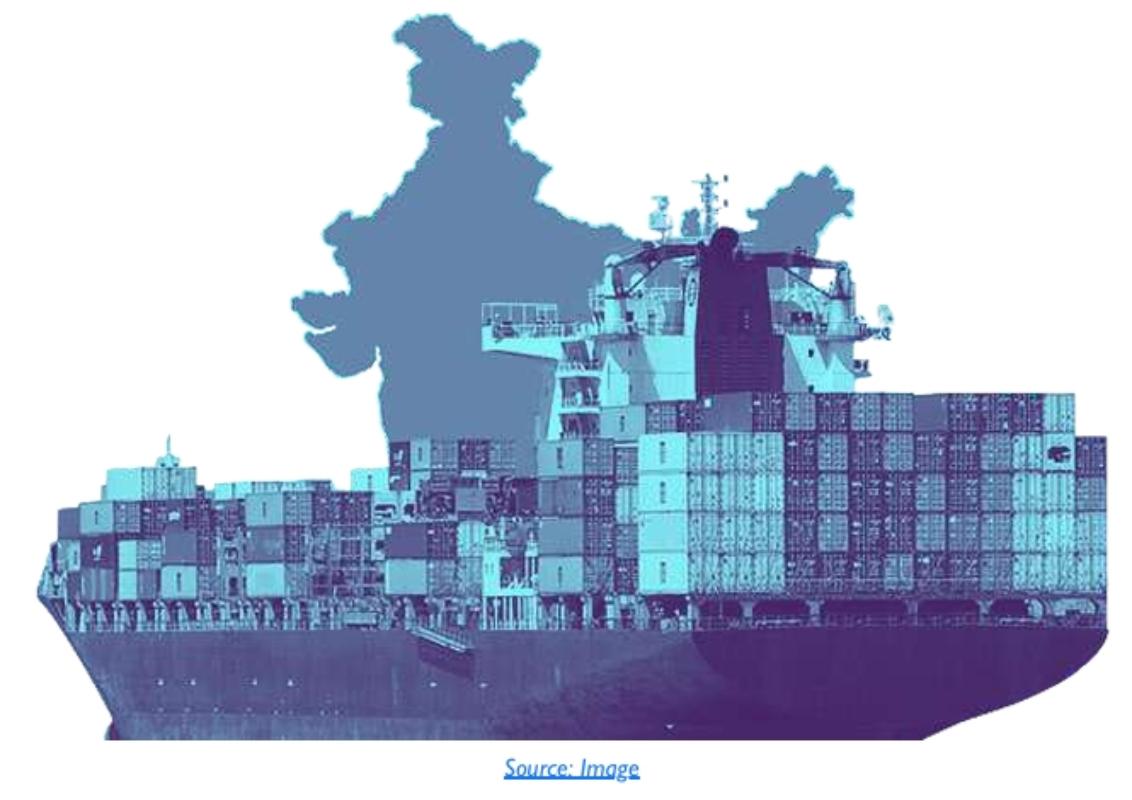The Government of India in 2020 amended the multiple labour laws and condensed into four labour codes. It is unlikely that this will increase the protection for or security of informal sector workers in any way. With a little over a half of the rural workers and a little less than a third of all urban workers being self-employed, the meaning of “decent work” has to be understood differently from the employer’s responsibility.
The Codes are Not Adequate – They Leave out a Majority of India’s Workers
The new labour codes have undone decades of jurisprudential developments in workers’ rights in the unequal relationship between employers and employees. The introduction of fixed term employment and the new provision of the definition of “settlement” under the code now includes individual settlements, which goes against the very concept of collective bargaining. Earlier under the ID Act, 1947, industrial establishments with more than a hundred workers were required to obtain prior permission to lay-off/retrench workers as well as in cases of closure.
But section 77 of IR Code 2020, this requirement has been waived off for industrial establishments employing not less than three hundred workers or such higher number as may be notified by the Government. Now if we go by data of Annual Survey of Industries for 2017-18, around 90% of working factories and 44% of workers in them will have no protection. For the same threshold reason, exactly the same number of workers will get no protection from any Standing Orders. And all we need to remember is that the erstwhile Industrial Employment (Standing Orders) was the best moderator for working conditions as well conditions of work.
“..More than 97 per cent of all enterprises in India… employ less than five labourers, in most family enterprises… Here the code of labour engagement, employer-employee relation, security, working conditions, etc. is constructed within a framework of social, familial, ethnic, caste ties of reciprocity, mutualism, and trust. The authority of the state is already minimal in this context and will remain so in the given construct…How to imagine a labour code of security in this context? The country needs a robust institutional infrastructure at the state and local level to locate and identify informal workers of all types and facilitate the process of advancing social security measures. Currently, that infrastructure does not exist…”(Sarkar, 2020)
The Industrial Relations Code, 2020 and the Wage Code 2020 – apply to all establishments, with limited exceptions. However, the code increases the thresholds for factories from 10 to 20 (with power) and 20 to 40 (without power). The Code on Social Security will apply to establishments over a certain size (typically, above 10 or 20 workers). Further, it makes provisions to notify a separate social security fund for unorganised workers but does not provide any roadmap nor deadlines. The Code on Social Security enables the government to formulate schemes for the benefit of unorganised workers, and gig and platform workers.
The track record of governments converting such intent into action has not been credible. Two pieces of legislation, the Interstate Migrant Workmen (Regulation of Employment and Conditions of Service) Act, 1979, and the Unorganized Workers’ Social Security Act, 2008, remained on paper. Both called for registration of migrant workers and unorganized sector workers, respectively, as a first step towards extending benefits and services to them. However, the labour departments had no framework for the implementation of these laws.
Though the Code on Social Security, 2020 promises universal social security for the first time, including for both organised and informal workers as well as gig and platform workers, it is only a statement of intent. The government, the code states, shall formulate and notify, from time to time, suitable welfare schemes, including schemes relating to “provident fund; employment injury benefit; housing; educational schemes for children; skill upgradation of workers; funeral assistance; and old age homes”. The government can tap corporate social responsibility funds (within the meaning of the Companies Act, 2013) or any other such source as may be specified in the scheme.The social security code lays down the setting up of a National Social Security Board to recommend to the central government suitable schemes for unorganised workers.
The Occupational Security and Health Code, 2019 has subsumed the Interstate Migrants law while the Code on Social Security, 2019 has subsumed the Unorganised Workers law. Merely moving legal provisions from one Act to another Code will not ensure improvement in implementation. The same neglect as earlier can persist unless the GoI and state governments enabled the departments charged with the responsibility to enforce these laws.
The Code on Occupational Safety applies to establishments over a certain size (typically, above 10 or 20 workers). However, the applicability thresholds (of 10 or above) will not apply in those establishments in which hazardous activities are being carried out. As such, the Occupational Safety Code and therefore the Interstate Migrants Workers Act will not cover a vast majority of migrant workers since they work in units with less than 10 workers. This is a seriously regressive step taken just a few months after the nation witnessed the unprecedented plight of migrant workers walking back home.An example of what a government can do with its rule making powers was shown by the Uttar Pradesh government in the midst of the pandemic. It decided to keep in abeyance all labour laws, except three, for three years.
The new normal is to hire workers for 12-hour shifts, doing away with the earlier mandatory provision of paying overtime at double the normal wage rates. Obviously, if employers can legitimately shift to two 12-hour shifts in place of ILO mandated three 8-hour shifts, employers need to recruit 33 per cent less labour – and thereby save on PF and all other statutory welfare obligations. Now, if this is the fate or organized labour, it does not take much imagination to figure out the plight of unorganized workers.Thus there is no credibility in statements that the new Labour Codes will lead to improving the lot of the unorganized workers, migrants or those in the informal sector.
The Codes are Not Appropriate – They Leave Too Much to Rule Making
As per PRS India6 “The Codes leave several key aspects, such as the applicability of social security schemes, and health and safety standards, to rule-making. The question is whether these questions should be determined by the legislature or be delegated to the government. Under the Constitution, the legislature has the power to make laws and the government is responsible for implementing them. The legislature enacts a law covering the general principles and delegates detailed rule-making to the government to allow for expediency and flexibility. However, certain functions and powers should not be delegated to the government. These include framing the legislative policy to determine the principles of the law. Any Rule should also remain within the scope of the delegating Act. The question is which matters should be retained by the legislature and which of these could be delegated to the government.”
The Labour Codes delegate various essential aspects of the laws to the government through rule-making. These include:
(i) increasing the threshold for lay-offs, retrenchment, and closure,
(ii) setting thresholds for applicability of different social security schemes to establishments,
(iii) specifying safety standards and working conditions to be provided and maintained by establishments, and (iii) deciding the norms for fixation of minimum wages. The Industrial Relations Code, 2020 and the Wage Code, 2020 and the Code on Occupational Safety, 2020, all allow the government to exempt any new establishment from its provisions in public interest. Given the penchant for supporting start-ups, this can lead to a situation where new enterprises begin by being exempted from adhering to labour codes. This then becomes a part of their genetic code and it is unlikely that five years later, when they survive and break- even, that thy will suddenly like to incur the additional costs of adherence to the various labour codes.
What can be Done – The Role of Trade Unions and Civil Society Institutions
In spite of the many limitations in extant labour laws, there is sufficient on the books to provide succor to unorganized workers. But we do need to recognize that no more than 5 per cent of the unorganized workers are aware of the various benefits under the three legislations discussed above. Since what one does not know, one cannot claim, the first requirement is mass awareness of the various benefits.The second requirement is to press for the delivery of benefits and amelioration of conditions as stipulated in the three Acts. Here too, organized power is needed to elicit compliance from employers and diligent and quick response from officers and staff entrusted in labour law implementation. Finally, the Covid episode has clearly demonstrated the need to build financial protective cover, irrespective of what may come by from government largesse. Here too, a collectivized response rather than covering individual risks is a better option.
The trade union movement could have counteracted the anti-labour policies but it has not been able to do so because it is divided.A united trade union movement is perhaps the most pressing need in the present situation. Every major trade union in the country has stressed this; yet, there seems to be no signs of its emergence. Trade unions are organisations of workers which are formed to protect their interests. Though trade unions are expected to counteract the power of the employers at the grassroots level, it cannot do so effectively without the support of the state. In fact, the state has played an important role in retarding this process. We have seen that the legal framework for industrial relations on the one hand provides grounds for multiple unions and on the other hand makes the unions more dependent on government agencies for settlement of disputes. Moreover, the state itself has inevitably come out in support of the employers whenever there is a major confrontation between labour and management.
The only way to ensure accountability is to organise the informal and migrant workers. For example, in Maharashtra, informal workers have a Kashtkari Sangarsh Mahasangh7 , a federation comprising of many local associations. A major trade union, CITU, recently tried to register a Migrant Workers’ Union in West Bengal.8 The Aajeevika Bureau has been working with migrant workers for about three decades and undertakes both activities for supporting them as also policy advocacy work. Through its affiliate, Shram Sathi, it also extends microcredit and insurance services to migrant workers. Similarly, LabourNet “is a social enterprise that enables sustainable livelihoods for disadvantaged men, women and youth in urban and rural areas. [Its] three-pronged engine integrates social and business impact by bridging the gaps in Education, Employment and Entrepreneurship.”
The success of various Mathadi organisations formed under the Maharashtra Mathadi, Hamal and other Manual Workers (Regulation of Employment and Welfare) Act, 1969 is a useful pointer. The civil society response to managing the havoc caused by sudden Covid lockdown announced by the government indicates that CSIs have the capacity to work with the marginalized, a realistic possibility emerges in organizing the unorganized workers in respective work clusters, educating them of the various benefits available under labour legislation, helping them to get registered, and so on and so forth. Otherwise, the lot of the unorganized workers are unlikely to improve.
We recommend a provision in the new Labour Code for recognised Informal Workers Associations (IWAs) and for civil society institutions (CSIs) who support their formation and capacity building. Thus, for example, IWAs of migrant workers can be recognised along with Aajeevika Bureau, a civil society institution working with them. Likewise, IWAs of informal workers can be recognised along with LabourNet, another civil society institution working with them. Over a period there can be hundreds of such localized IWA-CSI combinations which can substitute for the absence of traditional trade unions among migrant and informal workers.
Footnotes:
6 https://www.prsindia.org/billtrack/code-social-security-2020
7 https://m.dailyhunt.in/news/nepal/marathi/max+maharashtra-epaper-maxmar/1700+garajuvant+kutumbanch+pot+bharanara+kashtakari+sangharsh+mahasangh- newsid-n179294654
8 https://www.newsclick.in/exclusive-trade-unions-for-migrant-workers-across-country

